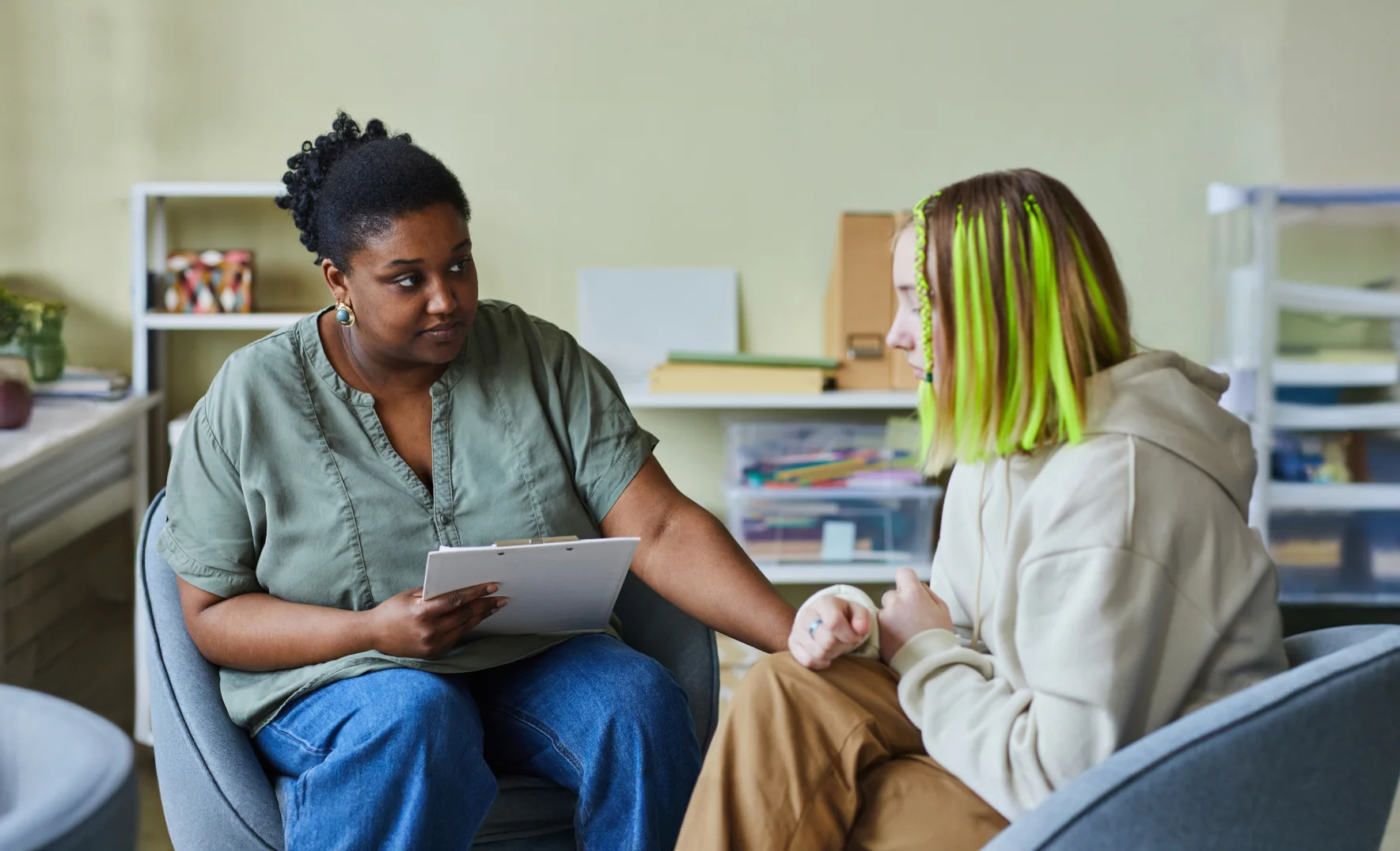24/7 Helpline:
(866) 899-221924/7 Helpline:
(866) 899-2219
Other Insurance Options

WellCare Health Plans

AllWell

Providence

Absolute Total Care

WellPoint

BlueCross

Private insurance

Sliding scale payment assistance

EmblemHealth

Anthem

Magellan Health

United Health Care

Medical Mutual of Ohio

PHCS Network

Multiplan

Lucent

Cigna

Choice Care Network

MVP Healthcare

CareSource















